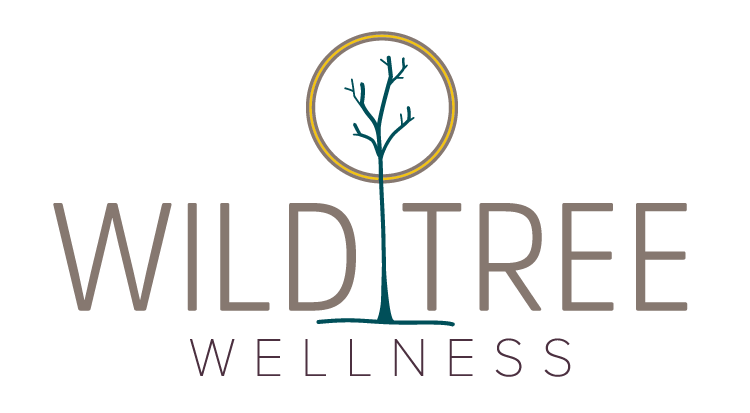Love, Not Just a Gimmick for a Holiday
Love, when two hearts meet and…(insert whatever the rest of the card says here). Love is not just a four letter word for those opposed to the commercialization of our feelings nor just the blanket word we use for expressions of pleasure. Love is a variety of different feelings, states, and attitudes that ranges from interpersonal affection (“I love my mother”), enjoyment (“That meal was amazing, I loved it”), to nuanced communication strategies (“I love NOT doing hot yoga”). It can refer to an emotion of strong attraction and personal attachment. It can also be a virtue representing human kindness, compassion and affection. It may also describe compassionate and affectionate actions towards other humans, the self, animals, or nature.
Ancient Greeks identified four forms of love: kinship or familiarity, friendship, sexual and/or romantic desire, and self-emptying or “divine” love. Non-Western traditions have also distingues variant or symbioses of these states. This diversity of uses and meaning combined with the complexity of the feelings involved makes love unusually difficult to consistently define, compared with other emotional states.
Abstractly discussed love usually refers to an experience one person feels for another. Love often involves caring for or identifying with a person or thing, including oneself. In addition to cross-cultural differences in understanding love, ideas about love have also changed greatly over time. Some historians date modern conceptions of romantic love to courtly Europe during or after the Middles Ages although the prior existence of romantic attachment is attested by ancient love poetry.
Despite definition discrepancies and variances, most individuals can agree that love is among the the positive emotions we experiences that seems to vanish before we have enough time to ruminate and delve deeper into the intricacies. This is in stark contrast to emotions like envy, jealousy, anger, and anxiety which individuals seem to professionally attune to, creating and experiencing in huge intensities and frequencies for great durations of time. So how can we cultivate the feeling of love more readily? How do we turn love and compassion toward ourselves?
- Take a Media Break: If you find yourself getting stressed over the voice of the media or just any stressor in your life, try turning off the TV, shut your phone off (like for real turn it off; I can’t tell anyone how many times I say that and the interpretation is “oh set it over here? Ok.”), refrain from the blue light. Images and messages that are sent through media even subvert can have a huge impact on self-compassion (not a positive one).
- Breathe and Meditate: If you haven’t heard this through the rumor mill here it is. Breathing is the antidote for anxiety. What? How in the world could something be so simplistic? If you have ever paid attention to your breathing while convincing yourself that your pile of clothes was actually moving or that Chucky does, in fact, live in your basement, you may have noticed that it gets rapid, shallow, or ceases to occur altogether. The power of slowing our breathing down and paying attention to it is amazing. If meditation is new to you try to start with something simple: a mantra, a moment of quiet, intentional focus for a few minutes.
- Read a Good Book: While you’re on your break from media, check a book out from the library. Sometimes a good romance novel, an inspirational autobiography, or a detailed account of the inner workings of watches will allow you to direct your focus and create space for kindness.
- Go for a Long Walk: With the weather shedding its winter coat (fingers crossed) and the crisp temperatures still getting the endorphins excitable, walking is a great way to show a little love to yourself.
- Be in Community: There is nothing more central to our ability to experience kindness that engaging in a “sense of belonging.” Join a meet-up group, go to a friends house, spend time with family. Time spent in connection with others provides baseline connection.
- Remember you are Worthy: This is most important of all. Remember that you are worthy and valued. You deserve all the love in the world and you definitely deserve the kind that comes from yourself. Whatever your definition of love is, there is usually a universal agreement that we all need a little more.
Written by Emily Carlson, MA
Photo credit:
